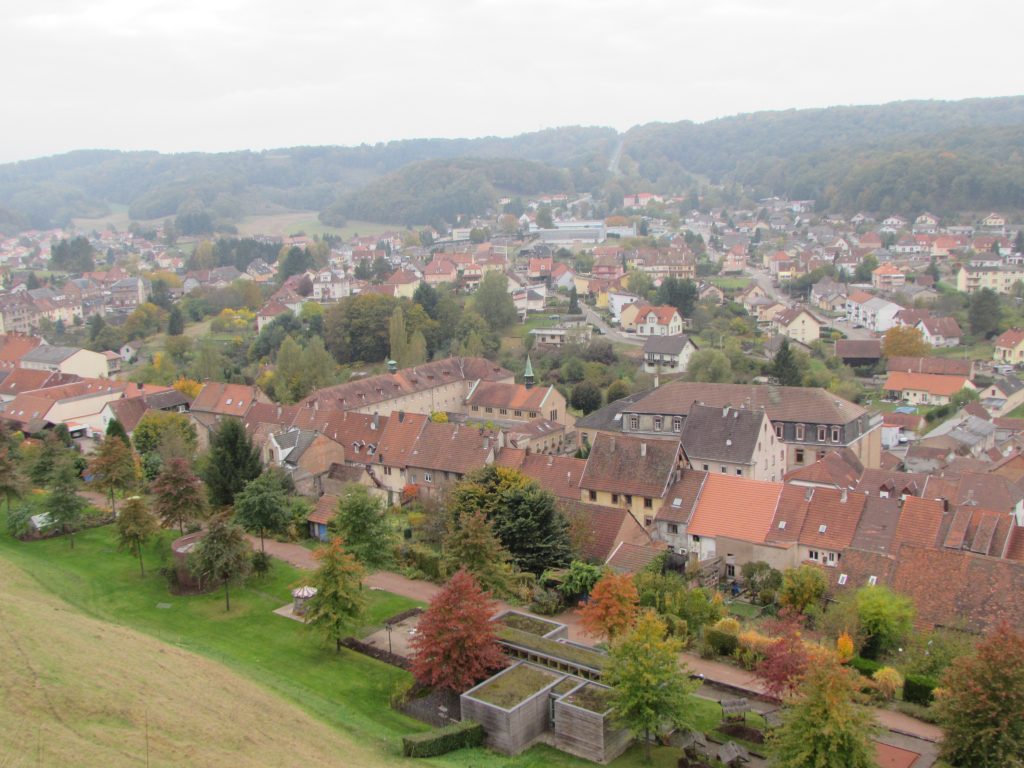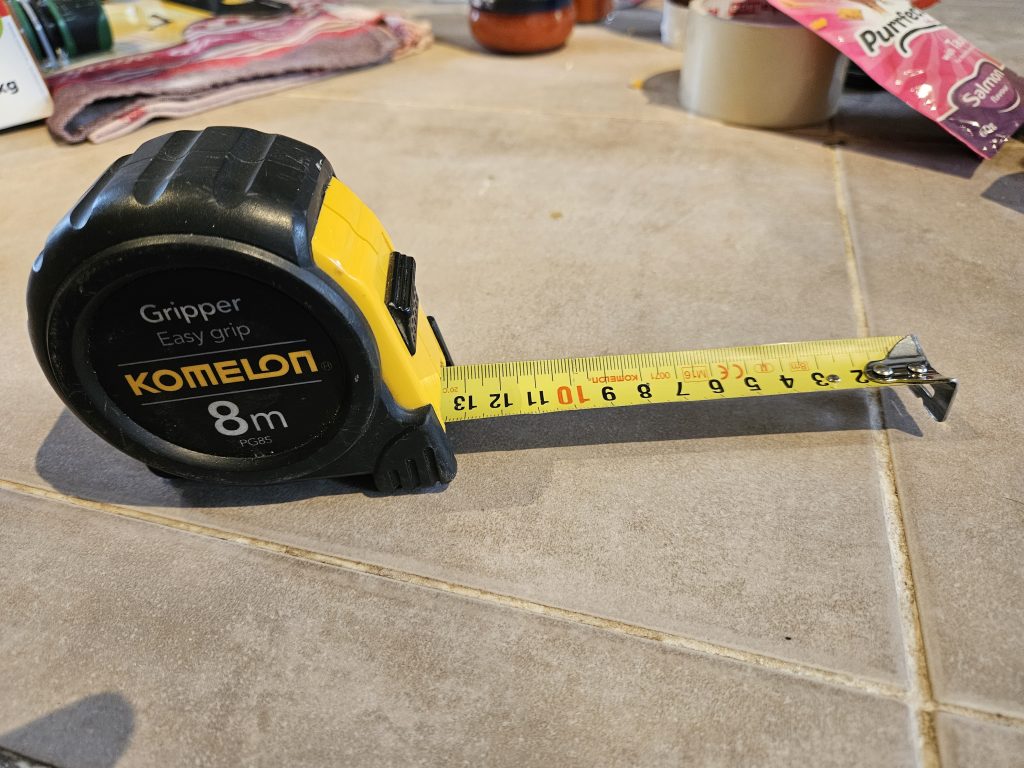MENU
- French Bread
- French Fries
- French Dressing
- French Toast
Joke aside, French Fries are just called “fries” and anyway they’re originally Belgian. This week I’m writing about restaurants. Nothing specific, just in general. You can get fast food here. within an hour of where I sit, ten minutes in the case of McDonalds, you can find McDo (as it’s called locally), Burger King, and KFC. Unfortunately, it’s not a great McDo, as they rarely do the fries right. But I want to discuss “real” restaurants, which are anything but fast.
One thing an American will notice about a French restaurant is that they do not play background music. I believe that originally this was supposed to calm customers, but I think that these days it may serve to help in turnover. That is, it raises the noise level and makes it less pleasant to sit in the dining room. This is true even in upscale restaurants. In France, restaurants are supposed to be quiet enough for a table to converse without raising their voices. With nobody raising voices, this actually works. However, the noisiest restaurant I’ve been to in Paris was made noisy by a table full of drunken Parisians. So, I’m talking general guidelines here, not hard fast rules. As an American visiting France, be aware that we Americans do talk loudly when dining out and, you know, don’t.
There is a rule to remember: Keep Your Hands Visible above the table. This runs counter to American etiquette, so beware. You can even rest on your elbows, but avoid hiding your hands. If your hands aren’t visible, people will wonder what you’re up to. (Insert joke here.)
Nobody will ever hover around making a fuss and asking you if everything is okay. In fact, if you want service, you have to wave down your server. I’ll be honest, I prefer the French method, although it can be frustrating if your server is out of the room, which they sometimes are, of course. You will be seated normally and given menus, and likely asked what you’d like to drink. There’s nothing unusual about the drinks selection, except there aren’t free refills, which has never been a problem for me, but worth remembering. Your server will bring the drinks and ask if you’re ready to order. (So far the same, huh?) Often the Plat du Jour is worth looking at. We’ve had some great meals with the dish of the day. But, order whatever you want. In touristy areas you’ll probably get a menu in English that you may not even have to ask for. Once you’ve ordered, your server will disappear, maybe dropping off some bread. You may get an entree (starter) then other pre-main course items, depending on what you order. But, it may take a while between courses. We had lunch in a nearby village last week and were there almost two hours. But the food was delicious.
Delicious, but not spicy hot. French people prefer subtle flavors to spicy dishes. We had amazingly bland Mexican one time in Paris. Excellent otherwise, but begging for some Pace Picante. (There are some places to get authentic Indian, Mexican (Qudoba no less), and Middle Eastern food.)
Take your time eating. You’ll be left alone to enjoy your meal. Servers in France are considered professionals and paid a living wage. They have no need to grovel for tips. They’re off doing their job serving others at different phases of their meals, and are available to you any time you call them over. Traditionally, a cheese course follows the main course and precedes dessert. It’s a free country, you don’t have to take the cheese, but there are some excellent ones around and, as a tourist, you might want to try a few. For me, I go straight to dessert, which is usually excellent. Most recently I had a créme brulé, which is custard with sugar sprinkled on top which is then scorched with a small blowtorch. You think I’m kidding? Ask your server. They will have pastry, custards, maybe tartes (pies) all in smaller portions than you may be used to, but usually very good.
Speaking of those smaller portions, you will rarely be given too much food. In the US it’s common to have portions dripping off of the plate, which doesn’t happen in France, in my experience. But the food will be delicious. I’ve had excellent steaks, what are scalloped potatoes, vegetables of various sorts, some wonderful desserts, top-notch entrées (appetizers) and, sad to say, occasionally some lousy food, but that’s rare.
The big difference between eating out in the US and in France is that in France, even in a crowded restaurant, one can usually have a conversation using ones “inside” voice. In fact, that’s generally expected. And, the meal is never rushed. You can, of course, eat in a hurry and rush off, but that will surprise everybody. (If perchance you do have to eat in a hurry, tell your server as you’re seated, and you will be accommodated, at least in my experience.) And the portions will be what you can eat, not set up to appear as massive as possible. Contrary to what I’ve read elsewhere, boxes are provided if you can’t finish it all anyway. So, allow a couple of hours (French people do), use a quiet voice, remember to call your server over if you need service (even to get the bill, or addition.) In tourist-frequented areas (Paris for sure) you can probably get a menu in British English (close enough) and the server will probably know at least enough English to do their job in that language.
And, above all, enjoy the food!
If you liked the service, leave a Euro or two on the table. Forget 20%!






